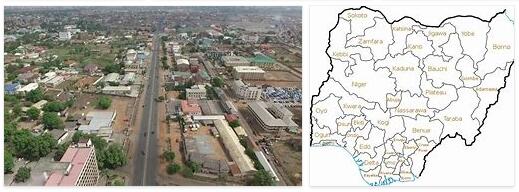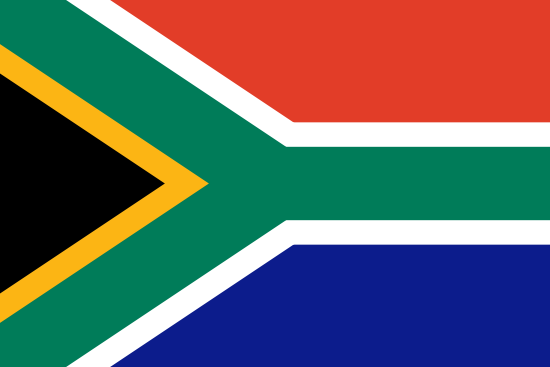Nigeria Economic and Financial Policy in the Early 2000’s
The particular dependence of the national economy on the trend of oil prices, the scarce presence of private operators active on the market and the insufficient endowment of infrastructures, pushed the Nigerian government to promote, from the beginning of the 21st century. and with greater vigor since 2003, a vast program of reforms, which nevertheless achieved positive results only in terms of growth in production and an improvement in the current account balance, without finding a solution to the numerous contradictions that profoundly marked the country’s economy.
According to BEHEALTHYBYTOMORROW.COM, the main goal proclaimed by the government was the creation of an environment conducive to the development of the private sector; an objective that was intended to be pursued by diversifying the sectors of activity, promoting productivity growth and external competitiveness, reducing the role of the public sector, ‘freeing’ market forces from the burdensome regulations in force. In the government’s plans, agriculture in particular, but also the manufacturing sector and the mining sector, would have ensured the economic rebirth of the country by contributing to the increase in exports and the creation of jobs. In practice, however, these guidelines had limited applications.
To cope with the extreme lack of infrastructure, the authorities signed some agreements with the private sector to find the necessary investments. The banking sector, rendered unstable by a fragile structure due to the excessive presence of small family-run credit institutions, had to assume, in the intentions of the government, a strategic role in the process of reconversion of the economy and development of private savings. In particular, the banks were invited on the one hand to merge, to create larger banking groups, and on the other to concentrate on normal credit intermediation activities, leaving aside investment activities on the foreign exchange and debt securities markets. public.
With regard to the public sector, its presence still remained significant on the eve of the 21st century, despite the launch, from the beginning of the nineties, of some important privatization operations and some timid attempts at liberalization. This situation seriously affected the economic results of the sector, as the inefficiencies of public enterprises contributed to the increase in the costs of production factors and the decline in productivity. New impetus to revive market forces began in 2004, but the results were mostly insufficient.
The government was engaged, but only moderately, in the fight against corruption and in the promotion of the quality of the service provided by the public administration, which was required more transparency and accountability. The administration itself was the subject of a complex reform that involved the organizational restructuring of the ministries and the professional retraining of employees.
Monetary policy instruments were used to contain inflationary pressures and ensure greater stability in the internal market. Nonetheless, the early years of the 21st century. they were marked by an uncontrolled rise in prices.
The reform of the social security system, launched in 2004, represented one of the most significant structural interventions to contain public spending. In particular, the government ensured a reference regulatory framework and unified the social security treatment of the public and private sectors. The commercial policy implemented by the government was of a protectionist type. Between 2001 and 2003 the list of imported goods subject to entry barriers was extended, with the aim of directing consumption towards domestically manufactured products. Conversely, exports were promoted with measures aimed at reducing production costs and offering adequate and targeted financing. Starting from the second half of 2005, Nigeria adopted the ECOWAS (Economic Community of West African States) external tariff system and undertook to achieve the gradual removal of import barriers. The trend in exchange rates, which contributed to creating instability and pressure on prices, was also the object of attention from the authorities, who declared in 2005 the desire to unify the systems in force.



